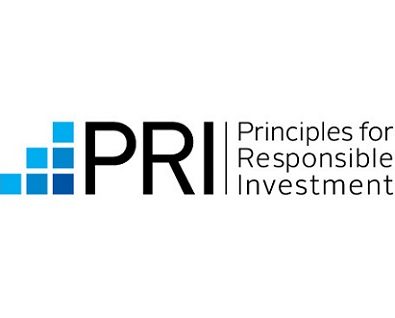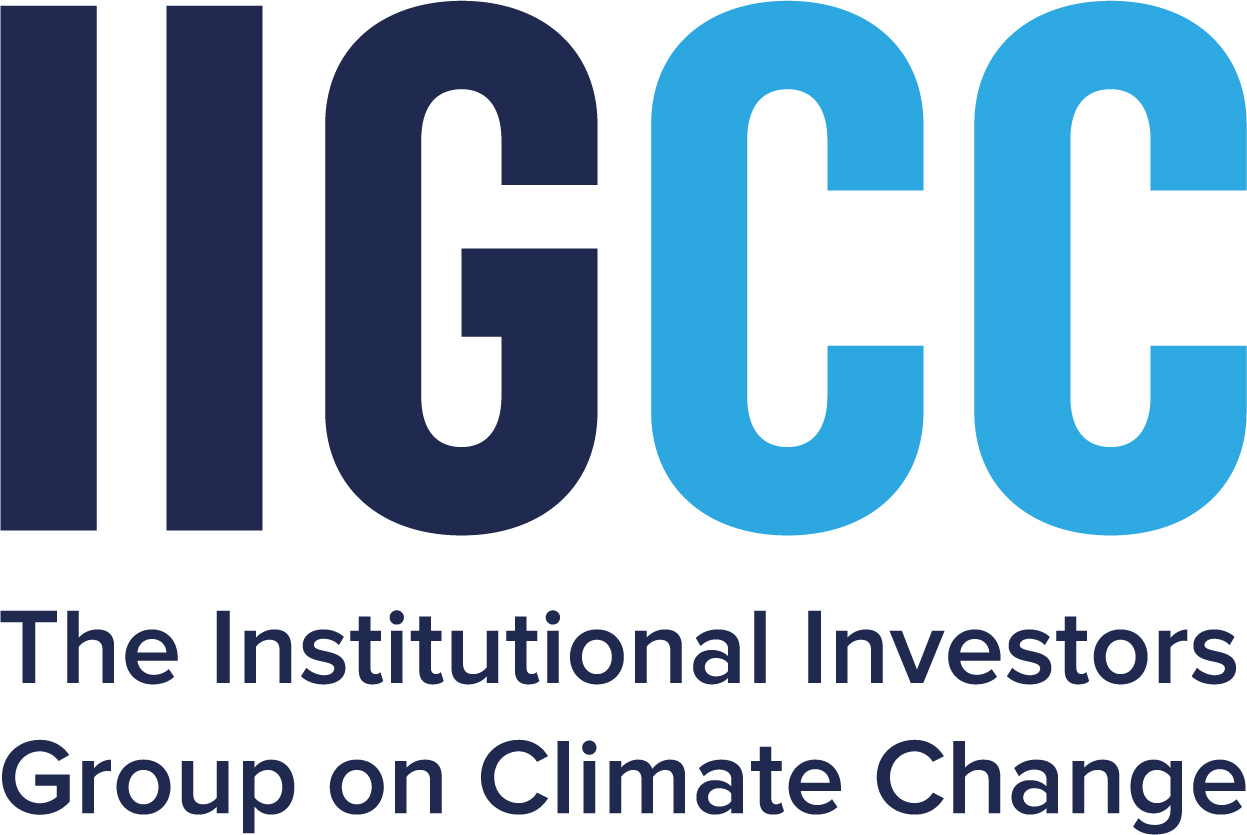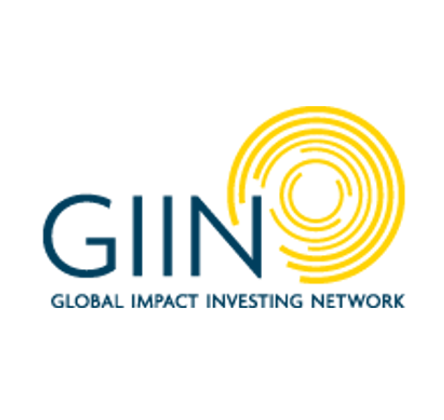From Colonial Quakers to Silicon Valley Billionaires: How Economic Activism Has Grown Into Investing for Good
When former teachers Kristin Richmond and Kirsten Tobey launched a company to provide healthy, affordable lunches to kids attending inner-city schools, they didn’t forge their partnership over a kitchen table or in a teachers’ lounge. It was on campus, at the Haas School of Business at the University of California, Berkeley. And Revolution Foods, the enterprise they created, isn’t a charity. It’s a commercial operation that has served more than 50 million school meals and counts Steve Case, co-founder of AOL, among its investors.
Revolution Foods is among a growing cadre of enterprises using venture capital to address social problems. Rather than rely on philanthropic dollars, founders of these for-profit enterprises believe private investment provides more financial sustainability. Founders have the potential to tap into capital markets for further funding or to thrive using their own cash flows, and their businesses can grow and do more good as they expand. Some investors are drawn to the idea of achieving financial returns while creating benefits for people and the planet. In these matchups between purpose-driven enterprises and aligned funding, a new marketplace has emerged. It’s often called “impact investing.”
Conscious capitalism isn’t a new concept, but the movement is growing quickly. In a 2016 survey conducted by the Global Impact Investing Network (GIIN), respondents reported making more than 7,500 investments in 2015 focused on positive impact. The collective worth of these commitments was $15.2 billion. Respondents said they planned to increase that amount by 16 percent in 2016. Of course, this figure is tiny compared with the trillions of dollars deployed in global capital markets, but increased demand has Wall Street taking note: Financial giants including BlackRock and Goldman Sachs recently established impact-investing units.
(…)
When it comes to attracting more mainstream investors, Pfund is clear. “Most investors need to make a return,” she says. “It’s not that concessionary funds don’t play a role, but it’s hard to get pension funds and endowments at scale if that’s what you’re offering.”
The good news, she says, is the increasing evidence that impact investments can yield impressive financial rewards. DBL, for example, was an early investor in Tesla Motors and SolarCity, a leading provider of solar-energy systems.
Case cites the positive example of Revolution Foods, in which her husband is an investor. “They have returns that would turn the head of any early-stage investor,” she says. “They’re demonstrating that it’s a very real company while balancing the financial interest of its investors with the social impact it wants to have.”
Some even argue that a day will come when these kinds of investments will no longer need to be called “impact,” because all businesses will take into account the effect they have on people and the planet.
Pfund looks forward to the day when the word “impact” is superfluous. “That’s my goal,” she says. “That someday people will integrate this approach into all of their investing, because it leads to better returns. Why wouldn’t you want to do that, if you could?”
To read the full article, visit B Magazine.











